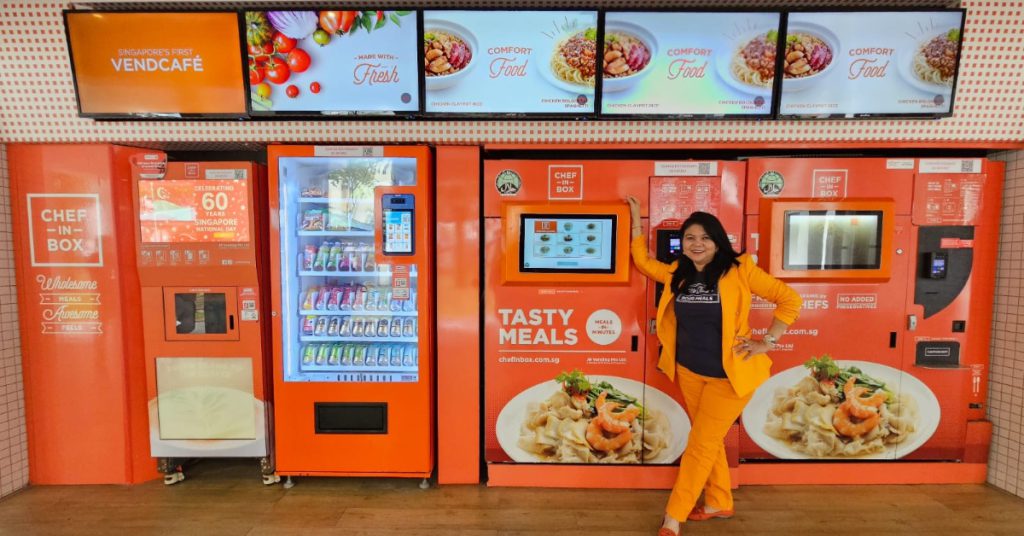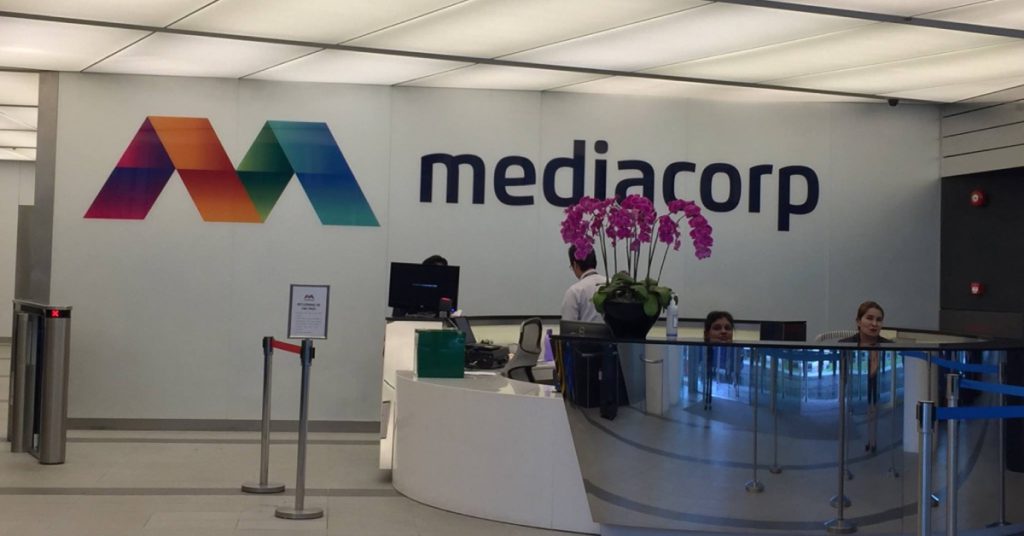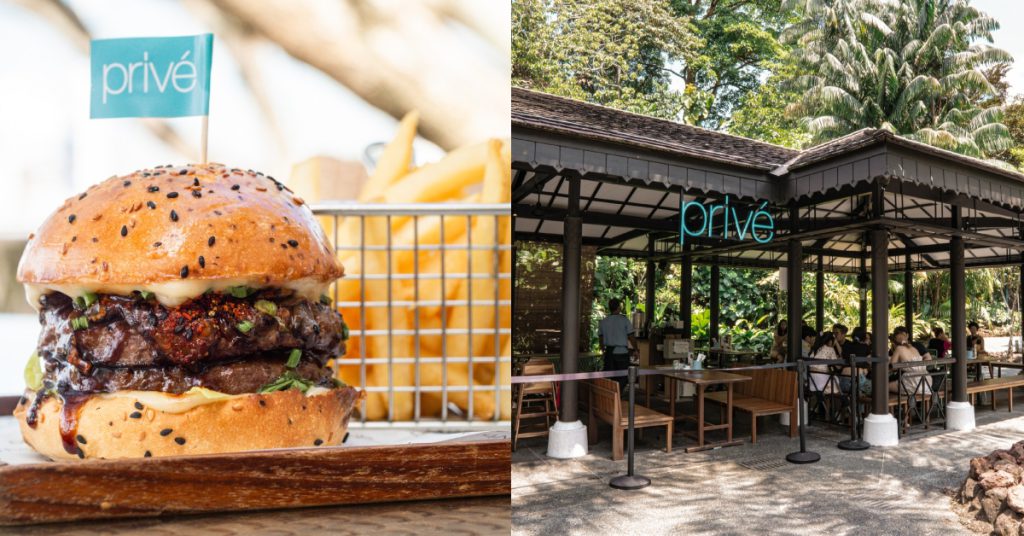It has recently been announced that the one-north district in Buona Vista will be designated as Singapore’s first drone estate.
According to The Straits Times, the aim is to provide companies and research institutions to test-bed innovative unmanned aircraft systems (UAS).
This in turn will help aid the growth of high-tech companies with unmanned aircraft capabilities and spur commercial partnerships, said Transport Minister Khaw Boon Wan at the opening of the Singapore Airshow Aviation Leadership Summit earlier today.
“Singapore has limited airspace and hence, our risk tolerance is low when it comes to UAS operations,” said Mr Khaw.
Nonetheless, we do not want to miss out on the benefits of UAS. The Government is actively facilitating the use of UAS by both the private and the public sectors.
Aviation Industry Also Needs To Align And Adapt
The aviation industry is also stepping up to embrace new aircraft technologies, beyond just unmanned aircraft.
To deal with such “disruptions”, air hubs and airlines will need new strategies and business models in place, and will need to open new routes to adapt to these new aircraft, Mr Khaw said.
And as regulators, “we should enable them to respond nimbly to market opportunities”, he added.
The key is to strengthen the foundations of aviation, including ensuring a high level of safety and security, he said.
A conducive business environment is also important.
If airlines can be competitive and flexible to expand their operations, passengers can enjoy a wide range of flight options, and airports will benefit from increased traffic, which ultimately benefits the wider economy and the people, Mr Khaw said.
It is also important for airports to increase capacity – both on the ground and in the air – ahead of time to cater to growing air traffic, he said.
Asean’s 10 member countries have adopted a masterplan to work together to enhance the region’s air traffic management capabilities so that more flights can be handled efficiently and safely.
Invests $6M To Nurture Young Aviation Professionals
Ultimately, a pool of competent aviation professionals is the most important factor to ensure that the aviation sector can continue to grow and cope with disruptions that may occur, said Mr Khaw.
In line with this belief, Mr Khaw announced the launch of a new scheme called Singapore-ICAO Programme for Young Aviation Professionals.
This new programme will provide $6 million in training assistance, and offer 40 scholarships and 600 fellowships to young aviation professionals over the next five years.
“In the early years of nation building, Singapore benefited from the assistance and training offered by many countries,” said Mr Khaw.
“In turn, we are happy to do our part to help attract young aviation professionals to help build their aviation industry in their respective countries. This will be good for the global aviation industry and the safety of all air travellers.”
Featured Image Credit: NPR











